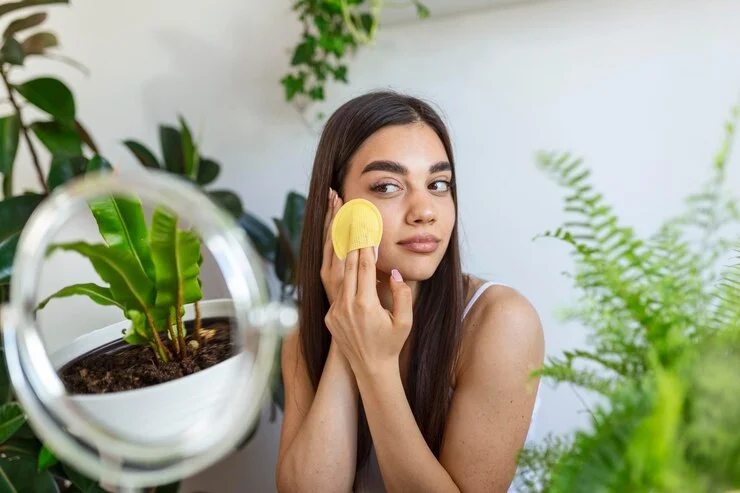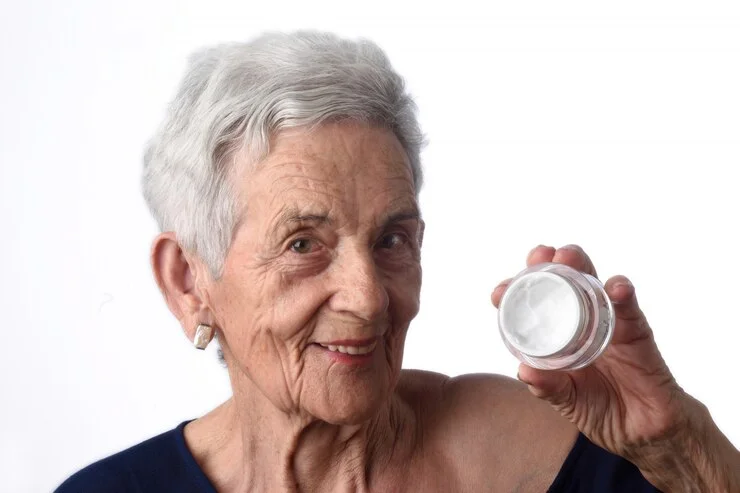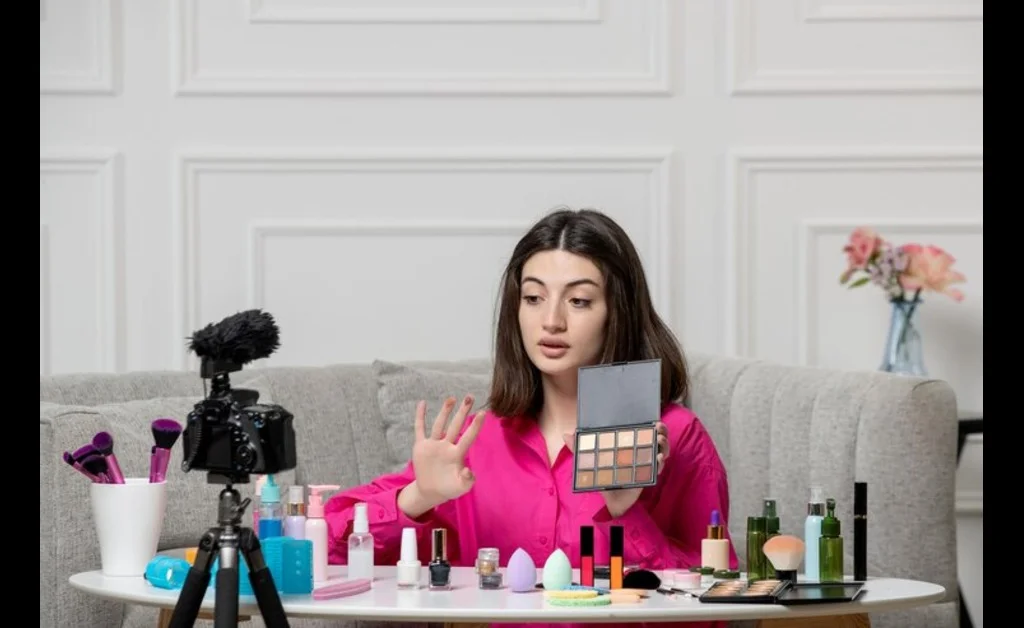Biggest Misconceptions About the Skin Care And Cosmetic Industry
When it comes to the self-care and beauty a lot of people will not make any difference between conspiracy theories and facts. Because in general these beauty standard achievements are adhered to by everyone like achieving a dream. So most of us are triggered very easily and make decisions based on emotions, not the facts or truth. Therefore, There is an unending list of misconceptions and false truths that are rumored by the public. That has nothing to do with the actual way of working in the cosmetic industry and self-care guidelines.
In this article, we will discuss in detail all of the misconceptions and fake facts in society about skin or skin care products. You will get to know all about skincare to make better decisions for the best skincare routine for proven results.
Debunking the Beauty Myth: Common Lies the Cosmetic Industry Tells Us
The cosmetic industry thrives on innovation and allure, promising the secrets to eternal youth, flawless skin, and a dazzling smile in every bottle and jar. But beneath the glitz and glam, some marketing tactics can be misleading. Here, we unpack some of the biggest beauty myths and empower you to make informed choices as you navigate the beauty aisle.
The Price Tag on Perfection: Luxury vs. Efficacy
Myth: Luxury skincare is unquestionably superior
Truth: Don’t be fooled by hefty price tags. High-end brands often leverage luxurious packaging and fragrances to justify their cost. The key ingredients might not be significantly more effective than those found in drugstore alternatives. Focus on the science behind the product, not just the brand name. Look for key ingredients with proven results and research their functionality. For example, Retinol is a powerful anti-aging ingredient, but its effectiveness can be diminished if the product formulation doesn’t protect it from sunlight.

Here’s how to decode luxury skincare labels:
Ingredient Concentration: While a luxury product might boast the same hero ingredient as a drugstore option, the concentration can vary significantly. Higher concentrations tend to deliver faster or more dramatic results.
Delivery Systems: Advanced delivery systems can improve the absorption and efficacy of ingredients. Some luxury brands invest in research and development to create these systems, potentially making their products more effective.
Ultimately, the best approach is to compare ingredient lists and research the science behind the key components. There can be hidden gems at both ends of the price spectrum.
Natural Allure: Decoding “Natural” Claims
Myth: Natural ingredients are inherently better and safer than synthetic ones.
Truth: “Natural” is a marketing buzzword. All cosmetic ingredients undergo some level of processing to ensure stability and safety. Natural ingredients can be wonderful, but some synthetic ones might be more potent or suitable for certain skin types. Look for products with effective ingredients, regardless of origin.

Here’s a deeper dive into “natural” vs. “synthetic”:
Natural Ingredients: Derived from botanical sources like plants, fruits, and minerals. They can be gentle and nourishing but may not always be as stable or effective as synthetic ingredients.
Synthetic Ingredients: Created in a lab to mimic the properties of natural ingredients or to address specific concerns. They can be highly effective and stable but may sometimes irritate, especially for those with sensitive skin.
The key is to choose ingredients based on your skin type and concerns. There’s no inherent superiority to natural or synthetic; it all depends on the specific ingredient and its formulation.
The Allure of Active Ingredients: Understanding Formulation
Myth: A product containing a specific ingredient guarantees results
Truth: Just because a product boasts a trendy ingredient like hyaluronic acid doesn’t mean it will work wonders. The percentage of the ingredient and the overall formulation matter significantly. A low concentration might be ineffective, and a poorly formulated product could irritate your skin. Research the product’s ingredients and look for reputable brands known for quality formulations.
Here’s what to consider when evaluating a product’s ingredients:
Ingredient Percentage: The concentration of an active ingredient plays a crucial role in its effectiveness. Look for products with a high enough percentage of the hero ingredient to achieve desired results.
Supporting Ingredients: The supporting cast of ingredients plays a vital role. For example, humectants like glycerin help draw moisture to the skin, while occlusive ingredients like petrolatum help lock it in. A well-formulated product will have a balanced combination of actives and supporting ingredients to achieve optimal results.
Ph Level: The Ph level of a product should ideally be close to the skin’s natural Ph, which is slightly acidic. A product with a significantly different Ph level could disrupt the skin’s delicate barrier and lead to irritation.
Understanding these factors empowers you to make informed choices beyond just recognizing trendy buzzwords on the label.
Beyond the Hype: Realistic Expectations for Results
Myth: Products can “reverse” aging or deliver permanent results
Truth: Aging is a natural process, and no product can completely rewind the clock. Effective products can improve the appearance and health of your skin or hair, but results are often temporary and require consistent use. Similarly, “long-lasting” claims should be viewed with caution. Individual factors and proper application significantly influence the longevity of results.

Here’s a breakdown of what to expect from different product categories:
Anti-aging Products: Can reduce the appearance of wrinkles, fine lines, and hyperpigmentation, but won’t erase them. Consistent use over time is key.
Moisturizers: Hydrate and plump the skin, but need to be reapplied throughout the day, especially if you have dry skin.
Sunscreen: Protects against harmful UV rays, the leading
Guidelines To Follow Before Buying Any Cosmetic Product
There are ingredients with a “double function”: they benefit the skin and protect the product from going bad. These are for example antioxidants. What most people don’t know is that vitamin C at low concentrations works as an antioxidant for the product. Vitamin C as a brightening ingredient For the skin must be in higher amounts. Now the problem is that some unethical companies put minuscule amounts of vitamin C and write it on the box making you believe the vitamin C is going to help your skin. Except it won’t. To prevent this from happening, make sure vitamin C (ascorbic acid) is not at the end of the ingredients. Always keep in mind that ingredients are listed in descending order. However, ingredients below 1% don’t need to be listed in any order.
Don’t believe exaggerated claims! There’s no such thing as Botox in a jar, for example.
Botox is Botox, a cream is a cream. They both offer benefits but they’re not interchangeable. A cream won’t give you the results that Botox -or any other plastic surgery intervention- does.
Don’t believe sunscreens that claim to contain anti-aging ingredients…sunscreen is anti-aging by definition and all formulations work the same for that. If you want to use anti-aging products, you should integrate sunscreen with something like retinol.
Don’t believe the hype of certain modern ingredients…instead, buy products with ingredients that have been successfully used for years and have a solid scientific background for what they do. Natural doesn’t mean better!
Cons of Skincare Products
Potential for Irritation and Allergies:
Harsh Ingredients: Some skincare products contain ingredients like strong acids (for exfoliation) or fragrances that can irritate even normal skin. This can lead to redness, dryness, or itchiness.
Sensitivities: Even natural ingredients can trigger allergies in some people. Patch-testing new products on a small area of skin beforehand is crucial.
Over-promising and Under-delivering:
Marketing Claims: Skincare advertising can be full of exaggerated claims about results. Don’t expect instant miracles or a one-size-fits-all solution.
Ingredient Hype: Focus on the science behind ingredients, not just trendy buzzwords. Some ingredients may take time to show effects, and some may not work for everyone.
Cost and Complexity:
Pricey Products: High-end skincare can be expensive, and there’s no guarantee it will be more effective than drugstore options.
Routine Overload: Having too many products in your routine can overwhelm your skin and potentially cause problems. It’s best to start simple and add products as needed.
Regulation and Sourcing:
Ingredient Scrutiny: The beauty industry is less regulated than others. Research a brand’s reputation and look for products with clear ingredient lists.
Natural vs. Synthetic: “Natural” doesn’t always equal better. Some synthetic ingredients are well-researched and very effective.
Additional Considerations:
Online Risks: Buying skincare online can be risky. Counterfeit products or those with unclear origins are a concern. Stick to reputable retailers.
Shelf Life: Skincare products have an expiration date. Expired products can lose effectiveness or become irritating.
By understanding these cons, you can be a more informed skincare consumer. Remember, a simple and well-chosen routine is often better than a complex one. Consulting a dermatologist can help you create a personalized plan for your unique skin.
Key Takeaways of Misconceptions About the Cosmetic Industry
Natural” products are always better: While natural ingredients can be beneficial, not all natural products are necessarily better or safer than synthetic ones. The effectiveness of a product depends on its formulation and individual skin or hair type.
“Anti-aging” products can reverse aging: Many products claim to “reverse” or “turn back” the aging process, but in reality, no product can completely reverse the aging of skin or hair. They can, however, help improve the appearance and health of the skin and hair.
“Dermatologist-tested” or “hypoallergenic” guarantees safety: These terms do not necessarily guarantee that a product is suitable for all skin types or free from allergens. It’s important for individuals to carefully read ingredient lists and perform patch tests to determine if a product is suitable for their skin.
“Whitening” products can drastically change skin tone: Some products claim to significantly lighten or whiten skin, but it’s important to approach such claims with caution, as they may not always be realistic or safe.
“Long-lasting” and “permanent” results: Many products claim to provide long-lasting or permanent results, but these claims should be taken with a grain of salt. Results can vary depending on individual factors and proper product usage.


